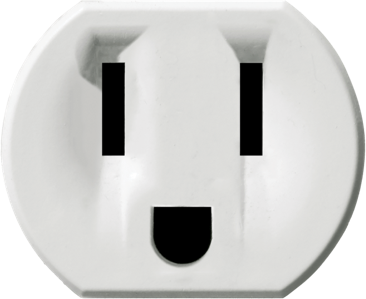About Value Your Power
Virginia Energy Sense’s Value Your Power program, funded by the State Corporation Commission (SCC), offers practical energy-saving tips and helpful resources that Virginians can use at home, work, and school to reduce energy consumption.








